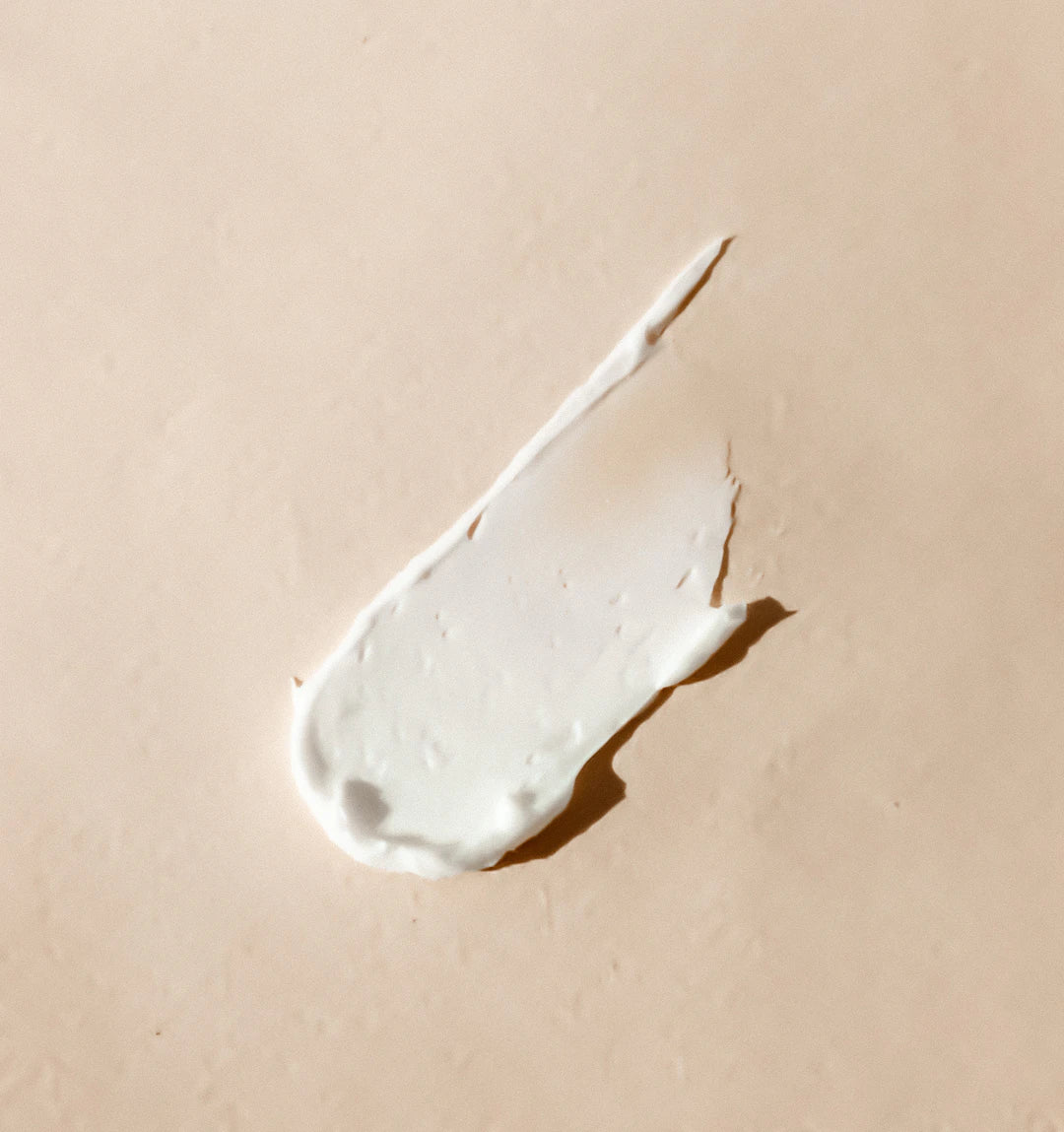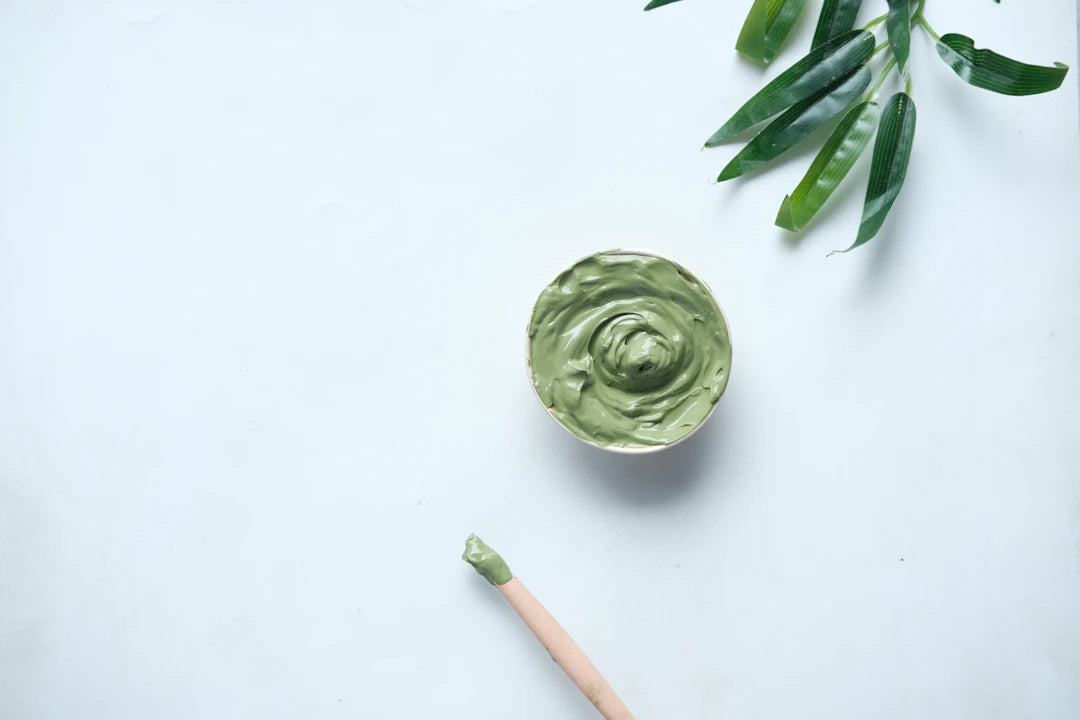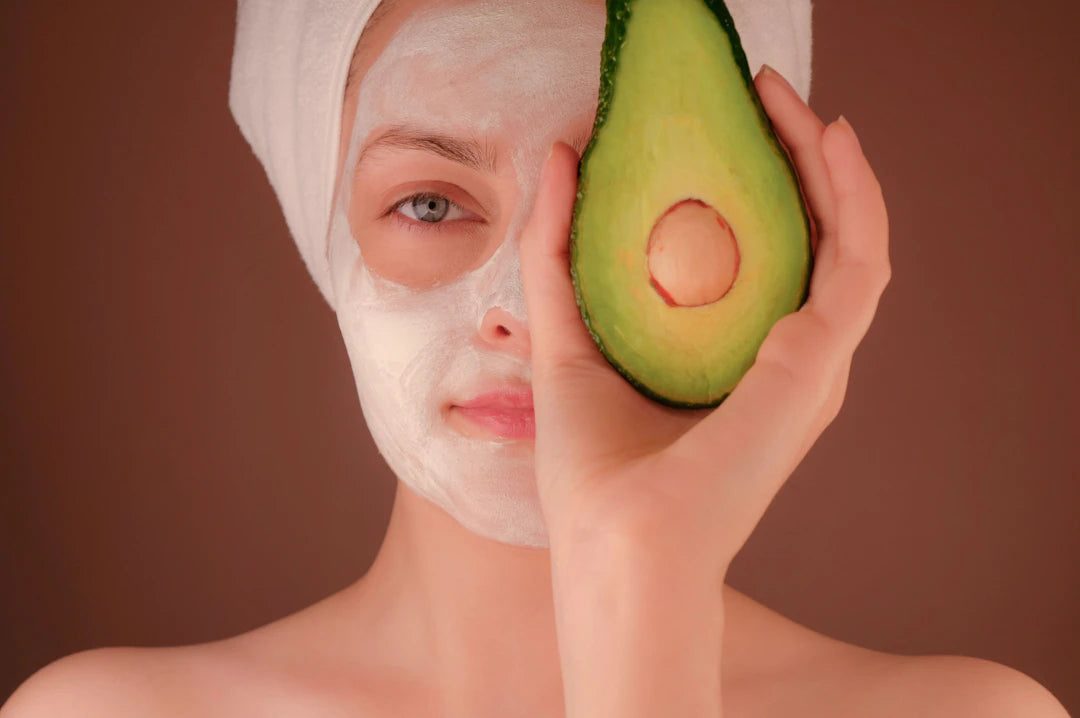Morning vs. Night Skincare: What's The Difference?

Frequently Asked Questions
1. What is the importance of a skincare routine?
2. What are the key components of a morning skincare routine?
3. Why should I use different products at night?
4. How should I layer skincare products?
5. Can I use the same products for both morning and night routines?
When it comes to skincare, the timing of your routine can make a significant impact on the health and appearance of your skin. Morning and night skincare regimens serve different purposes and offer unique benefits. Understanding the differences can elevate your skincare game, ensuring you are giving your skin exactly what it needs when it needs it.
The Importance of a Skincare Routine
Establishing a dedicated skincare routine is essential for maintaining skin vitality. With varying environmental factors throughout the day and night, tailor-fitting your regimen to these changes can lead to noticeable results. Not only do morning and night routines complement each other, but they also target specific issues that arise due to different skin needs at different times.
The Morning Skincare Routine
When the sun rises, your skin has unique needs compared to when it's winding down for the night. A morning skincare routine generally aims to protect and prep your skin for the day ahead. Here are the key components to consider:
Cleansing
Start your day with a gentle cleanser. This step removes any buildup from nighttime products or sweat, refreshing your skin for the day. A clean face is essential for optimal absorption of other products.
Hydration
After cleansing, the next step is hydration. Applying a skin firming moisturizer early in the morning can help provide your skin with essential moisture, giving it that healthy, plump appearance for the day. Look for ingredients like hyaluronic acid or glycerin that draw moisture into the skin.
Sun Protection
Another crucial aspect of morning skincare is applying sunscreen. Protecting your skin from UV rays is essential in preventing premature aging and the development of dark spots, making it a must-have in your morning routine. Incorporating a broad-spectrum sunscreen with an SPF of at least 30 will safeguard your skin throughout your activities.
The Night Skincare Routine
As the day comes to a close, your skin has slightly different needs. The night skincare routine focuses more on recovery and repair, allowing your skin to rejuvenate while you sleep. Here’s how to effectively adapt your regimen:
Deep Cleansing
After a long day, removing makeup, dirt, and environmental pollutants is vital to give your skin a fresh slate. Use a gentle but effective cleanser that can thoroughly cleanse without stripping your skin of its natural oils, promoting a balanced complexion.
Treatment Products
Nighttime is also an excellent opportunity to use targeted treatments. Serums containing retinol or peptides can help smooth out fine lines and promote cell turnover, addressing antiaging concerns. These ingredients work best at night since they can be more sensitizing and increase your skin's photosensitivity.
Moisturization
Applying a rich moisturizer is crucial at night as your skin undergoes a natural regeneration process while you sleep. Choose a cream that supports your skin’s recovery and repair. Look for ingredients that nourish and deeply hydrate, ensuring your complexion wakes up ready to conquer the day.
Understanding Ingredient Functionality
Understanding the functionality of different ingredients can provide insight into your skincare choices. Here’s a breakdown of common ingredients found in morning and night products:
Antioxidants
Including antioxidants in your morning routine is vital as they combat free radical damage from environmental stressors like pollution and UV rays. Vitamins C and E are popular choices that help protect and brighten your skin.
Retinoids
Retinoids, a staple in many night routines, have remarkable antiaging properties. They promote cell turnover and collagen production, which can help diminish the appearance of fine lines and wrinkles. However, their potent nature makes them more suitable for nighttime application.
Peptides
These short chains of amino acids can be found in products designed for both morning and night routines. Peptides support skin barrier function and can enhance firmness, combating aging signs efficiently when implemented in either regimen.
Layering Products
Properly layering your skincare products is a crucial step in achieving the best results. Here are some tips to consider when layering:
Start with Thinnest to Thickest
When applying your skincare products, always start from the thinnest consistency to the thickest. For example, apply your serums before your moisturizer to ensure absorption.
Allowing for Absorption
Give each layer a moment to absorb into your skin before applying the next product. This helps maximize the benefits of each component, allowing your skin to fully utilize the active ingredients.
Customized Skincare Based on Skin Type
Your skin type should directly influence your morning and night care routine. Here’s how to tailor your approach:
Oily Skin
Those with oily skin might benefit from lightweight gel moisturizers during the day, with an emphasis on oil-free and mattifying ingredients. At night, they may want to incorporate deeper moisturizing properties without the heaviness of creams to avoid breakouts.
Dry Skin
For dry skin types, consider a rich skin firming moisturizer in both the morning and night routines. Look for hydrating ingredients and nourishing oils that sustain moisture levels throughout the day and during your skin's restorative phase at night.
Combination Skin
Those with combination skin can adopt a mixed strategy. Lighter products may be used in the morning where oiliness tends to occur, while richer and more intensive treatments, focusing on hydration, are ideal for night time.
Skincare Myths Debunked
As you dive deeper into skincare, you may encounter various myths that could lead to confusion. Here are some common misconceptions:
Moisturizer is Only Needed at Night
This misconception can lead to dry and dehydrated skin. Moisturizing in the morning is similarly crucial since environmental factors can affect your skin throughout the day.
All Skincare Products Should be Applied at Night
While some products work best at night, many must be used in the morning for optimal effect, such as sunscreens and daytime serums. The active ingredients should guide when to apply.
Finding Your Balance
The optimal skincare routine is not one-size-fits-all. Individual activities, skin types, and even moods can influence how you care for your skin. Experimentation remains essential for finding the right products and timings. Make adjustments based on how your skin reacts throughout the day and night.
The Importance of Consistency
Keeping a consistent routine can mean the difference between mediocre results and radiant skin. Although some may get too caught up in the latest fad, remaining consistent with the basics will yield the best long-term benefits.
Elevate Your Skincare Journey
Embracing a well-defined morning and night skincare routine can energize your skin and combat signs of aging effectively. With a proactive approach to your skincare, you’ll not only help ensure a clear complexion but also unveil a vibrant, youthful glow that radiates confidence. Remember, it's all about understanding your own skin’s needs and providing the unique care it deserves, tailored to the time of day. Make skincare a personal journey, and let your glow shine through!


